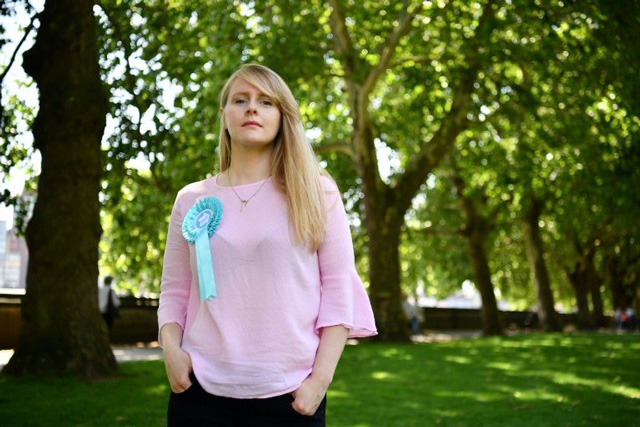
Dublin, Ireland | AFP | When the other new members of the European Parliament take their seats in Strasbourg on Tuesday, Barry Andrews will be sitting at home, unable to attend because of Brexit.
Basking in the sun in Dublin, the 52-year-old Irish politician is on an unwanted holiday as he waits for the seat he should be representing to become available.
He is one of 27 “deep freeze” MEPs elected to seats due to be reallocated from Britain’s share when it leaves the European Union, but stuck in limbo as it dithers over its exit terms.
“My current position is frustrating, I won’t deny it,” said Andrews, a former think tank chief and veteran of the Irish parliament who represents the centre-right Fianna Fail party which props up Leo Varadkar’s Fine Gael minority government in Dublin.
“It leaves you in a difficult position. I’m not sure how sustainable it really is in the long run.”
Across the Irish Sea, by contrast, the 29 MEPs from Britain’s Brexit party are taking up their seats in the hope they will only serve a few months.
The country’s latest EU departure date is set for October 31 — a date they want to make sure its incoming new Conservative government will stick to no matter what.
“I’d like to be out of a job on October 31 because I think it reflects the success of Brexit,” said Lucy Harris, a newly elected Brexit party MEP.
Of her “deep freeze” colleagues, she said: “I empathise with them, obviously — they should have their seats, we should have been out.”
– Torn loyalties –
After the 2016 referendum vote to leave the EU, Britain sketched a divorce plan that would see it sever ties with the bloc on March 29, 2019.
But paralysed by divisions over how to proceed, parliament has been unable to pass a withdrawal deal that would cushion the divorce.
Brexit has twice been delayed, forcing Britain to take part in May’s European Parliament elections.
Ironically, while Andrews is unsettled by the current situation — and out of pocket — he would prefer not to take up his seat if that meant Brexit never happened.
Ireland is Britain’s closest trading partner and the two countries share a land border, making it the most exposed of EU nations to any Brexit turmoil.
It is forecast to have 55,000 fewer citizens in work if Britain leaves the EU with no deal at all.
“My situation is kind of awkward in that perhaps I’m the only person in Ireland that will benefit from Brexit,” Andrews told AFP.
– The Brexit party –
Voter anger in Britain over the political deadlock surrounding Brexit fuelled a big win for the Brexit Party in the European elections.
The single issue party led by eurosceptic leader Nigel Farage took 32 percent of the vote.
For Harris, that means taking her seat to argue for her own unemployment — a situation she admitted was “a bit ironic”.
On their first visits to the European parliament, Brexit party members lit up social media, posting evidence of the supposed excesses of the EU — iPads, chauffeured cars and extravagant expenses.
But speaking in London, Harris remains supportive of Andrews’ desire to join what another Brexit party MEP called “the corrupt gravy train”.
“Obviously he’s very much dedicated to the EU, and he should be able to express that,” she said.
Laughing, she added: “Anyone who believes that they should have their seat, back the Brexit party and let’s get out of the EU!”
But for Andrews, the British saboteurs are a sign of a deeper and perhaps more worrying movement.
“In the growth of populist parties and anti-EU sentiment is linked to a public dissatisfaction. So we shouldn’t just look at the antics of the Brexit party,” he explained.
“There is a fundamental disconnect between the voters and what the European Union is achieving.”
 The Independent Uganda: You get the Truth we Pay the Price
The Independent Uganda: You get the Truth we Pay the Price



